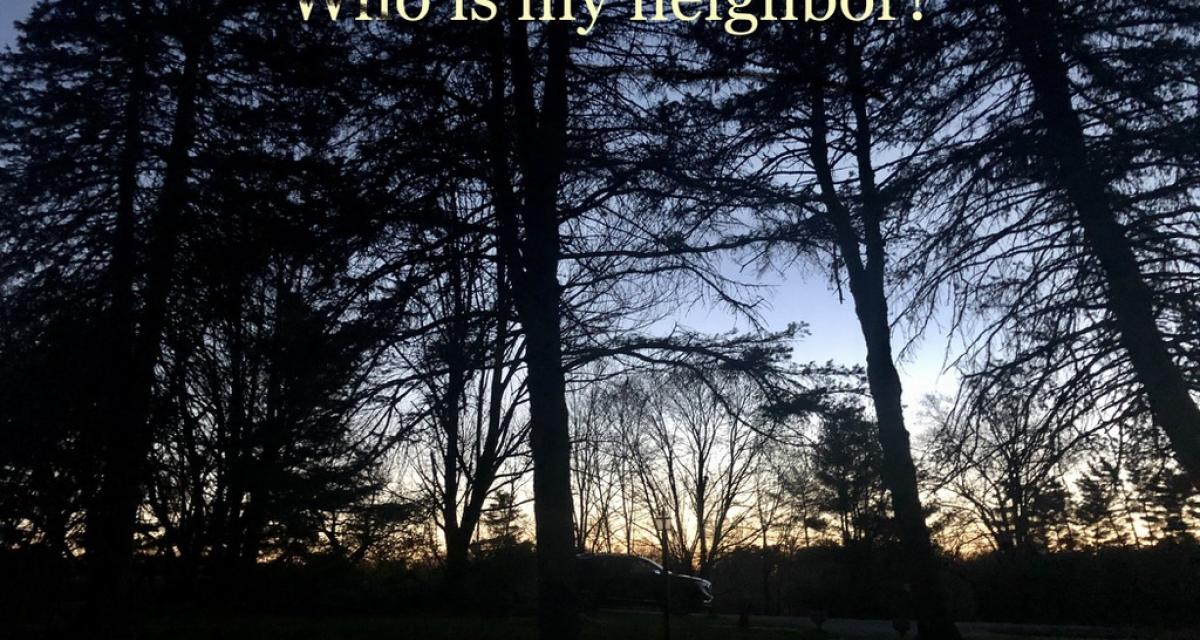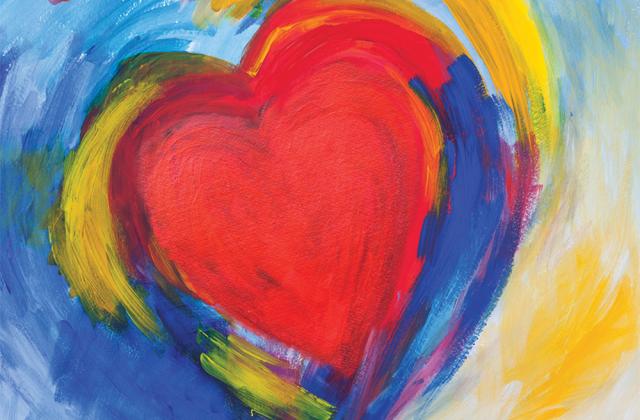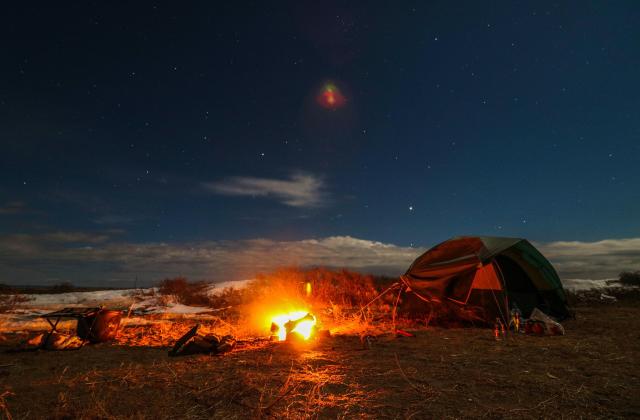The walk must begin with talk, but it can’t end there. This was the guiding principle of the Racial Justice Book Discussion hosted by the United States – Canada (USC) Associates Leadership Team on Sunday, September 13. The goal was to bring Associates and RSCJ together to share their respective reactions and insights to one of the three books our team had recommended for discussion: Between the World and Me by Ta-Nehisi Coates; White Fragility by Dr. Robin DiAngelo; and No Crystal Stair: Womanist Theology by Dr. Diana L Hayes. All three books are very different, but each offers critical insights into the entrenched racism in which we are all steeped. These books help to illuminate our blind spots about the real threat Black people experience daily; the ways white people are complicit and even contribute to ongoing oppression through our "white fragility", and how our own theology and spirituality are misshaped by racism and patriarchy.
I had a very profound experience during the discussion that took place on September 13. In my own break-out group on White Fragility, we talked about the pain, grief, and even shame of waking up to our own lack of awareness and the ways we, as white people, have participated in or not challenged white supremacy. We see this in the ways in which we talk about seeking "good schools" for our children or avoiding "dangerous neighborhoods" and how these are all really coded language, belying racist frameworks and associations where good schools really means "white schools" and "dangerous neighborhoods" mean those with black and brown people.
One question our group grappled with was: In what ways do you think the Society's, or our, spirituality is shaped by racism? [And In what ways might Sacred Heart Spirituality be the antidote?]. Frankly, this is a big and challenging question and one that we all need to unpack together.
The good news is that our Sacred Heart family seems up to that task. I was inspired by the humility and the willingness to look honestly at our own personal and collective history to see and understand how we might have caused pain and continue to cooperate with oppression. In the final group sharing of the 36 participants of both Associates and RSCJ there was a sense of yearning to make amends, to repair relationships and unjust structures, to keep "un-learning" and being accountable to communities of color.
Several also spoke to how they are already inspired by how the Society is taking steps to reckon with our history with slavery and that there is a dialogue on racism taking place in the USC province. Our most important work together continues to be the dismantling of systemic racism in our institutions and bias in ourselves. It is clear that the liberating power of the Spirit is moving among us and truly showing us the work that needs to be done in order to truly Live as One Body.
May we continue to walk together.
As one of the planners of the Book Discussion, it is our hope that Associates read all three of the books as a step toward collective formation and developing a shared framework and lexicon as we journey together. We invite Associate groups to use the books as sources for reflection and discussion in your future meetings.




